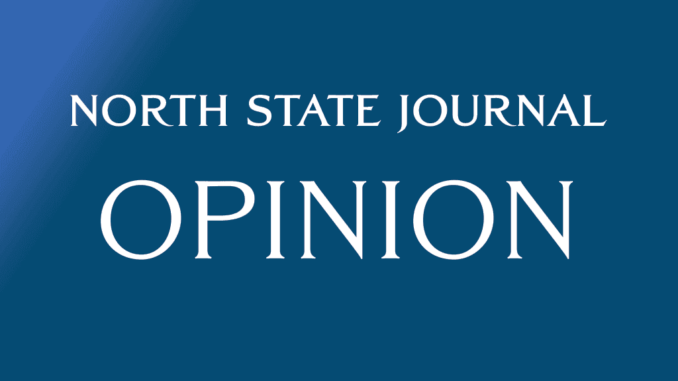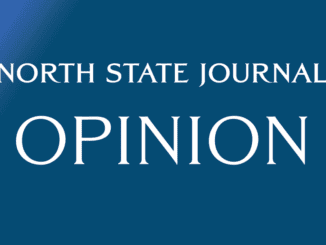
In today’s political discourse, it’s not uncommon to see opinions dressed up as intellectual superiority.
Rather than engage with ideas on their merit, some have taken to dismissing large swaths of Americans as simply ignorant. The argument goes: if people vote a certain way or hold certain views, it must be because they’re uneducated, intellectually lazy or victims of “idolatry.” This isn’t debate — it’s elitism. And it’s deeply anti-democratic.
Let’s engage this idea on its own terms. Suppose we accept the premise that some Americans — particularly those on the political right — are less formally educated or hold views that don’t align with academic consensus.
So what? Since when did having a Ph.D. become a requirement for participating in democracy?
We must be very cautious when we begin to argue that intelligence should be the currency by which voices are validated. It’s worth remembering that throughout American history, various groups were excluded from the democratic process precisely because they were seen as “less than.”
Women were once thought to be too emotional to vote rationally. Black Americans were denied the vote on the basis that they lacked “education” or “understanding.” Poll taxes, literacy tests and other mechanisms were used not to protect democracy but to gatekeep it.
Are we truly prepared to go down that road again — this time with ideology or party affiliation as the test?
Ironically, this kind of thinking throughout history comes from those who identify as progressive, the same political tradition that now claims the mantle of equality and inclusivity. Yet history tells a more complicated story.
It was the Democratic Party that opposed the abolition of slavery, resisted the Civil Rights Act and fought against the 19th Amendment.
In contrast, it was Republicans who led those battles on principle — because they believed every individual is endowed with inalienable rights, regardless of their status or education.
It’s not ignorance to believe in the dignity of work, the value of tradition or a strong national identity. Americans didn’t overwhelmingly support Donald Trump in 2024 because they were duped or failed a civics quiz. Many supported him because, under his leadership, gas and grocery prices were lower, wages were rising and the economy felt more stable for working families. You don’t need an Ivy League degree to see the difference between paying $2.50 for gas and paying $5.00. That’s not ignorance — it’s lived experience.
You also don’t need to be a scholar to understand biological reality or to recognize media manipulation when you see it. For months, we were told by major outlets and Democratic leaders that questioning President Joe Biden’s cognitive ability was conspiracy theory. Now, suddenly, it’s a bipartisan concern.
Did it take an advanced degree to see through that?
Too often, the people most eager to shout “ignorant!” from the rooftops are those who’ve never stepped foot in the communities they’re mocking. They haven’t walked through the hollowed-out factory towns left behind by globalization and NAFTA. They haven’t sat at kitchen tables with families forced to choose between rent and groceries while D.C. sends billions to foreign countries and pet social experiments. They haven’t seen the pride of small business ownership crushed under red tape and bureaucratic disdain.
And maybe — just maybe — those they mock aren’t rejecting education.
They’re rejecting their education. An education that tells young Americans their country is irredeemably evil. That success is something to be ashamed of. That their religious beliefs make them bigots. That boys can be girls and girls can be boys, and you’re a science-denier if you question it.
If that’s what passes for “intelligence” today, then maybe the real act of courage is standing apart from it and critically questioning everything.
Calling people “ignorant” is not an argument — it’s a shortcut. It’s a way to avoid grappling with the real concerns of real people. It’s intellectual laziness disguised as moral superiority.
We’re a nation built not by elites but by everyday Americans. Farmers, mechanics, teachers, waitresses, truck drivers. People who may not speak in academic jargon but who speak from common sense, experience and principle. If democracy means anything, it means that their voices count just as much as anyone else’s.
So to those who sneer from ivory towers and call us uneducated, maybe we just don’t want your version of “education.” Not if it means abandoning our faith, our families and our freedom to think for ourselves.
We’re not ignorant — we’re just not buying what you’re selling.
Aimee Mulligan is a political consultant and managing director of CardinalGPS, a full-service political services firm.



